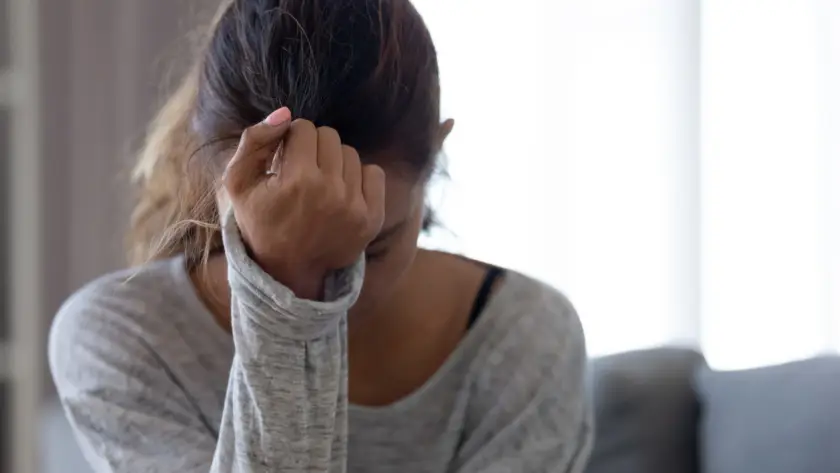
Mental Health, Uncategorized
Stress is a normal part of everyday life. Everyone experiences stress, but it’s not always a bad thing. For example, when you’re preparing for a job interview, some stress can be expected and it can sometimes motivate you to perform well. However, stress is a problem...

Mental Health, Uncategorized
If you have trouble getting a good night’s sleep, you’re not alone. Whether it’s that you don’t feel sleepy at night, you have trouble staying asleep, or you don’t feel rested in the morning, sleep problems are a common issue. Luckily, there are many simple measures...

Mental Health, Uncategorized
If you’ve been through a traumatic event, it’s normal to experience some lingering effects like anxiety, difficulty sleeping, or a tendency to replay the event over and over in your mind. But in most cases, these symptoms will decrease over time and you can move on...





